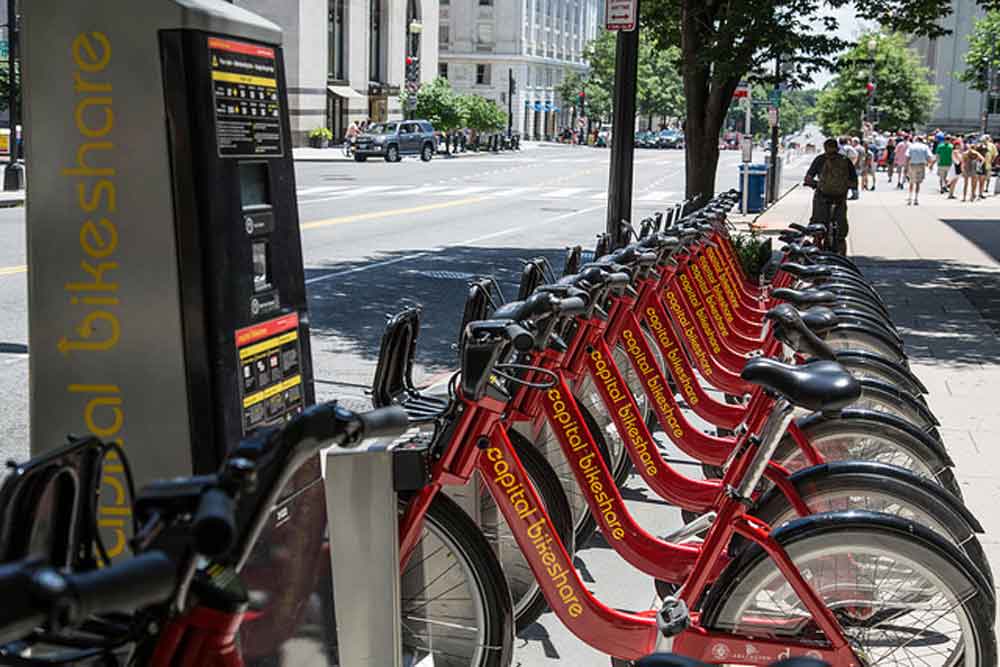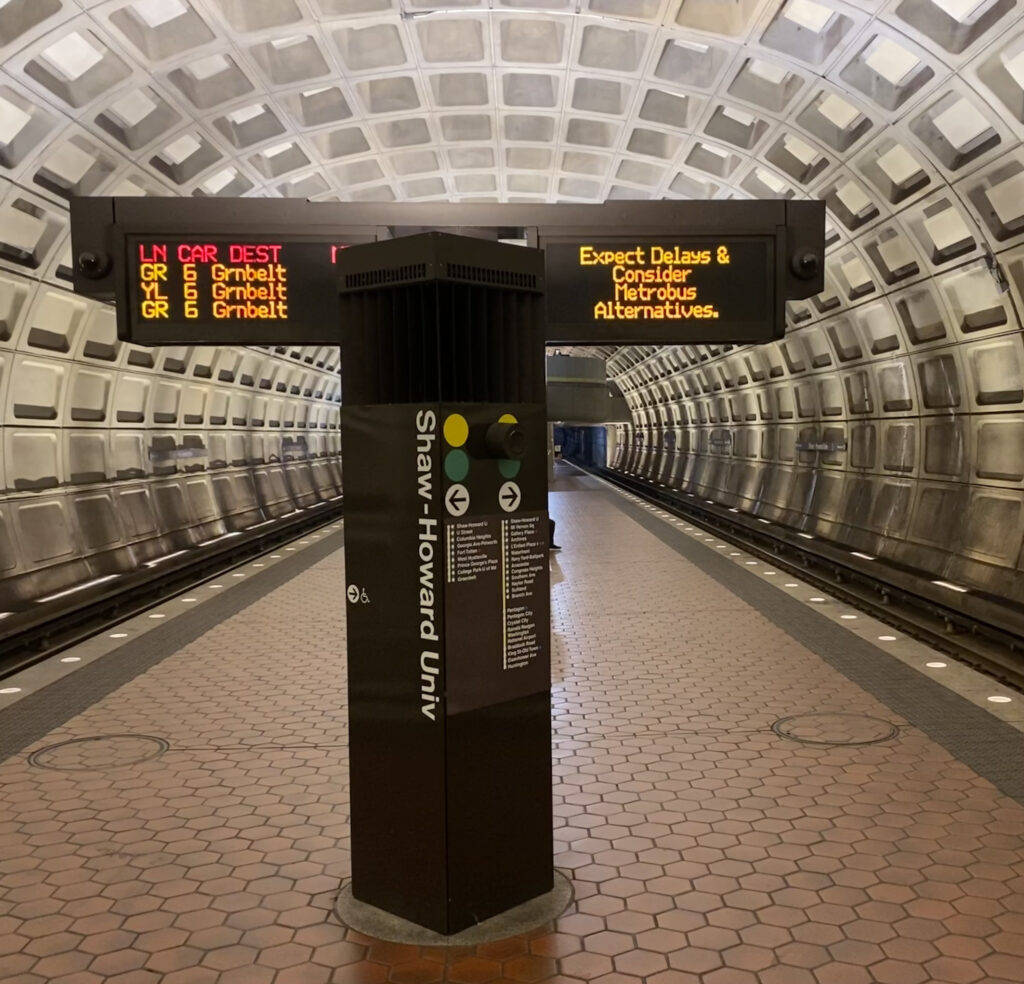Amid the many pressing needs of the homeless, transportation often gets overlooked, even by the agencies and charities dedicated to helping the city’s very poorest residents.
But Amanda Formica, who recently completed a two-year stint at a case manager for Miriam’s Kitchen as a member of the Lutheran Volunteer Corps, stayed focused on ideas for providing cheap and free transportation for the District’s homeless people.
Formica led a transportation working group for the Coalition of Housing and Homeless Organizations and over six recent months, Formica and her group mulled the many barriers homeless people face in getting around the city.
Members concluded that at $1.70 a trip, bus fare was too expensive, that the city’s shelter hotline system was inadequate, causing homeless people to wait for rides in inclement weather, to lose access to shelter beds, and to be late for appointments and jobs.
The work group came up with a variety of possible solutions, from offering free bus fare to expanding the city’s shelter hotline system with safe waiting areas and larger shuttle buses. The group also suggested that free bicycles, together with helmets, locks, and access to bike maintenance lessons and supplies, might help many homeless people with their transportation needs.
“This would not be the solution for everyone, but would be incredibly helpful for a significant percentage of people,” the group concluded in a draft report, released in July.
It was not the first time Formica had thought of bikes. In fact, she had helped Miriam’s, which operates meal, counseling and therapy services to the homeless in Foggy Bottom, to try a little pilot program of its own. It seems the city police department has plenty of bikes; abandoned, stolen, and unclaimed. Local organizations are able to sign up to get the bikes if they need them.
Miriam’s received 10 of the bikes.
Five of them were raffled off to a pool of around 60 entrants, all homeless. And five were set aside for use by Miriam’s volunteer corps workers as an inexpensive method of transportation.
While the raffle was a success, Formica was convinced of the need for a sustainable citywide program to provide low-cost transportation to poverty-stricken residents.
“There needs to be some coordination between organizations about transportation in the city,” said Formica. The city’s Business Improvement Districts might get involved, working alongside Capital Bikeshare and groups such as Bikehouse, a bicycle co-op in D.C., that could provide locks, helmets and classes on riding and maintenance to participants.
As she wrapped up her time at Miriam’s, and prepared to move on to a new assignment in another state, Formica said she remained convinced that bikes could be a key to providing free and simple transportation for homeless people, and instilling a path for a healthier life.






